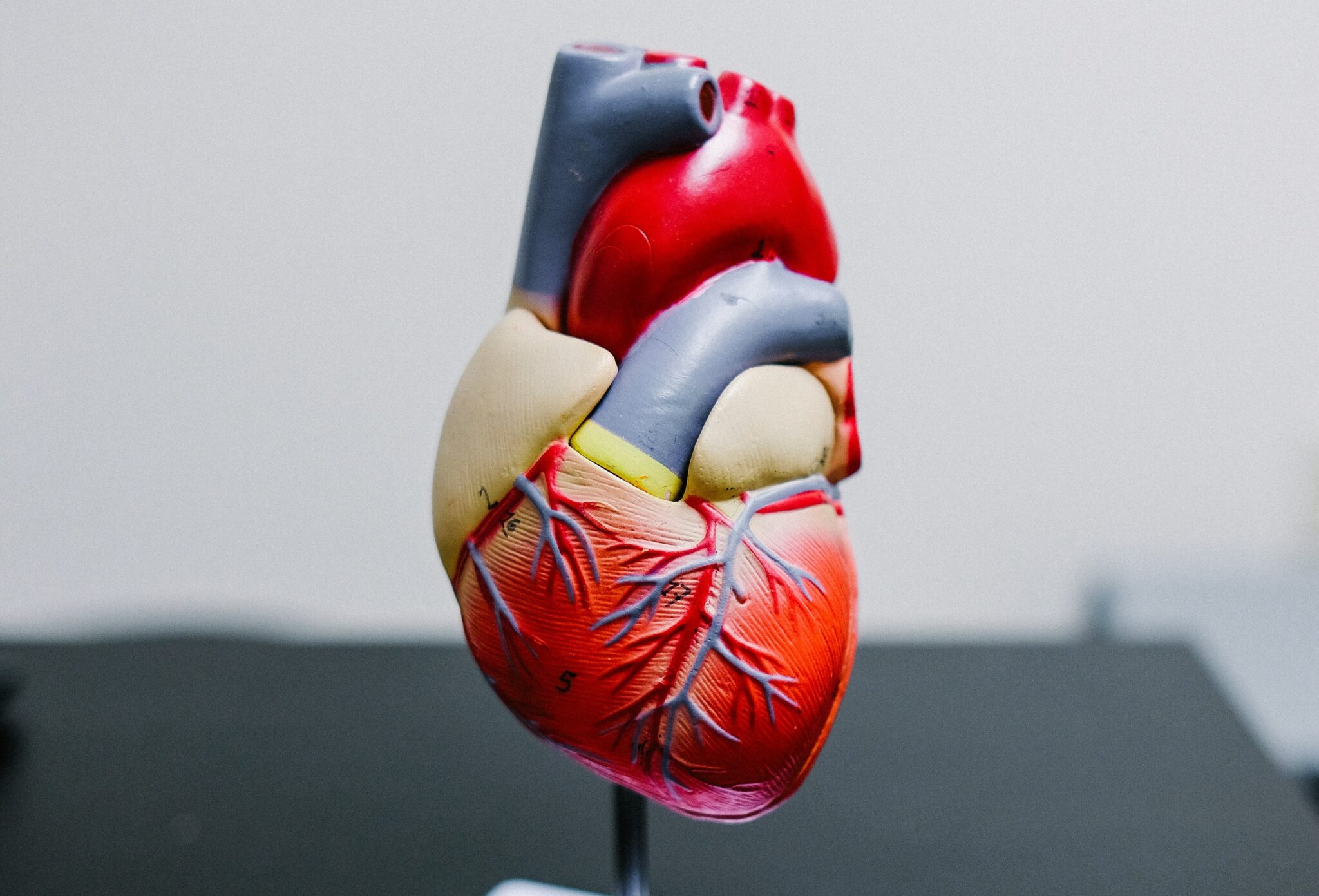Jennifer Mancio, a Portuguese researcher at the Faculty of Medicine of the University of Porto (FMUP), has won a CUF D. Manuel de Mello grant worth €100,000. The goal is to “reward young doctors who develop clinical research projects, within the scope of the R&D units of Portuguese medical schools.”
This scholarship, which is repeated every two years, was established in 2007 by CUF and the Amelia da Silva de Mello Foundation Awarded to Jennifer Mancio for a project using artificial intelligence algorithms to detect coronary artery disease, “SAFE-CT: Excluding Coronary Artery Disease Using Artificial Intelligence in Noncontrast CT.”
The solution is from a researcher at the Faculty of Medicine of the University of Porto and it is also Cardiologist and Assistant Professor of Cardiovascular Physiology At the same institution, he promises to save time in identifying heart anomalies.
“If coronary artery disease is suspected, coronary computed tomography angiography (CT angio) is recommended, which involves the administration of iodinated contrast and an increased dose of ionizing radiation,” explains FMUP. But the numbers calculated by Jennifer Mancio during her study show that “35% of the 929 patients” who underwent this examination “did not suffer from any coronary disease and, therefore, did not benefit from computed tomography.”
That's where SAFE-CT, the winning project of the CUF D. Manuel de Mello grant, comes in: to be a safer alternative for diagnosing coronary artery disease, saving time for hospitals, healthcare professionals and patients themselves. In contrast to the current procedure, Jennifer Mancio's proposal is a CT scan with “low radiation and no contrast”, assisted by artificial intelligence.
“The algorithm will indicate the individual risk of developing coronary artery disease and will help determine whether referring the patient to a central hospital, using CT Angio, is really necessary or not,” says the cardiologist, summarizing the advantages of her project:
“It is necessary to find a personalized strategy to select patients who actually need this type of testing, thus avoiding unnecessary exposure to ionizing radiation and contrast – and at the same time, overloading the healthcare system.”
This is the second distinction, in just under a year, for Jennifer Mancio: in March last year, she won the AIDFM-CETERA 2023 award for the best scientific article in the cardiovascular field, on the use of artificial intelligence “Identifying the individual risk of atrial fibrillation (AF) in the postoperative period of cardiac surgery.”.

“Writer. Analyst. Avid travel maven. Devoted twitter guru. Unapologetic pop culture expert. General zombie enthusiast.”

